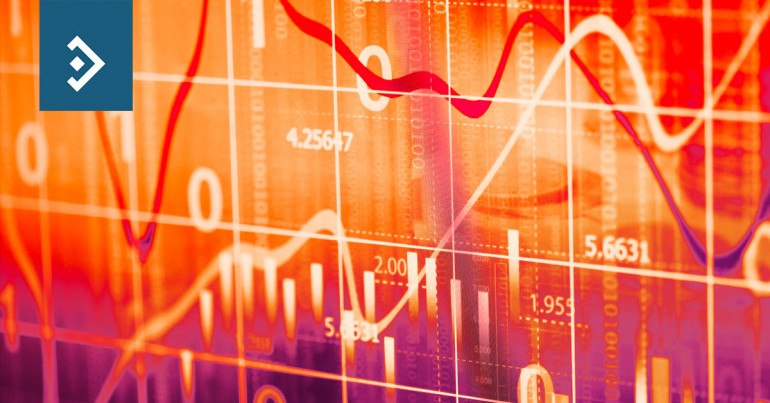
Overstretched pound searching for good news
Morning mid-market rates – The majors
September 21st: Highlights
- Strong retail sales push pound to two-month high
- Dollar sagging as risk perceptions change
- Euro approaching strong resistance versus the dollar
Sterling rally built on unstable ground
Yesterday’s data, following a stronger than expected inflation report on Wednesday, showed that retail sales grew by 3.3% in August, confounding analysts’ expectations for a fall back to 2.3%. This data, while encouraging was still lower than the upwardly revised July figure, which was (apparently) driven by “world cup fever”.
There is also an odd optimism surrounding Brexit right now which is leading the market into a false state of positivity.
The Summit currently taking place in Salzburg has hardly provided any positivity with EU Heads of Government almost queuing up to take pot-shots at Mrs. May’s Chequers Proposals.
Donald Tusk, the EU Council President, labeled the proposals as unworkable and said more work was needed to provide the EU with proposals that could be agreed on by its members.
The Prime Minister is clinging to Chequers and is still trying to change the EU’s mind to accept that her ideas are not only workable but the most practical plan available for the future relationship.
With the fate of the UK economy at stake, there is still a great deal of emphasis on the resolution of the Irish border issue which remains insoluble.
Despite the issues facing the UK over Brexit, traders were happy to divest themselves of short positions (very few long positions are being created). The pound rose to 1.3299 versus the dollar yesterday and has held onto those gains overnight.
Considering your next transfer? Log in to compare live quotes today.
Dollar continuing to ease as risk issues fade
It is felt that a high-level delegation from Beijing will accept Treasury Secretary Steve Mnuchin’s invitation to talks in Washington which, it is hoped, will allow both sides to explain their position and lead to a further fall in tension.
If the trade situation fades into little more than talks about which both sides are aggressive but little more, the market will lose interest and move back to the relative strengths of the G7 economies.
With the Fed. a long way down the road towards a normalization of interest rates with only Canada from the G7 following suit the dollar’s correction may not last too long.
With the single currency now coming close to long-term resistance at 1.1820, it will need a significant push for that level to be broken conclusively.
Traders are likely to start to consider shorting the euro ahead of this level since it is highly unlikely to break the first time.
Yesterday, the dollar index reached a low of 93.83, the first time it has been below 94 since July 9th. From there a rally began which pushed the index to its year’s high of 96.99.
Euro rally continues, ECB likely unfazed
Since inflation is under control, despite a falling euro, which would in normal circumstances drive inflation fears as has been seen in the UK, but in the ECB’s eyes, it simply provides an opportunity for weaker economies to export more.
Similarly, a rising euro, with a sensible range doesn’t faze them as it appeases Germany, which is constantly calling for rate hikes to head off inflation which never seems to arrive.
Eurozone-wide consumer confidence fell in August by 2.9% following a fall of 1.9% in July and an expectation of a fall of 2% from analysts. This failed to take the gloss off the rise in the single currency although it does shed some light on the reason for the rally which is obviously a reaction to dollar weakness.
With the ECB on hold, economic data is having a less significant effect on the market and not until the Fed and ECNB are plying on a level playing field will anything change significantly.
The euro rose to a high of 1.1785 yesterday and closed virtually on its day’s high.
Have a great day!

About Alan Hill
Alan has been involved in the FX market for more than 25 years and brings a wealth of experience to his content. His knowledge has been gained while trading through some of the most volatile periods of recent history. His commentary relies on an understanding of past events and how they will affect future market performance.”


